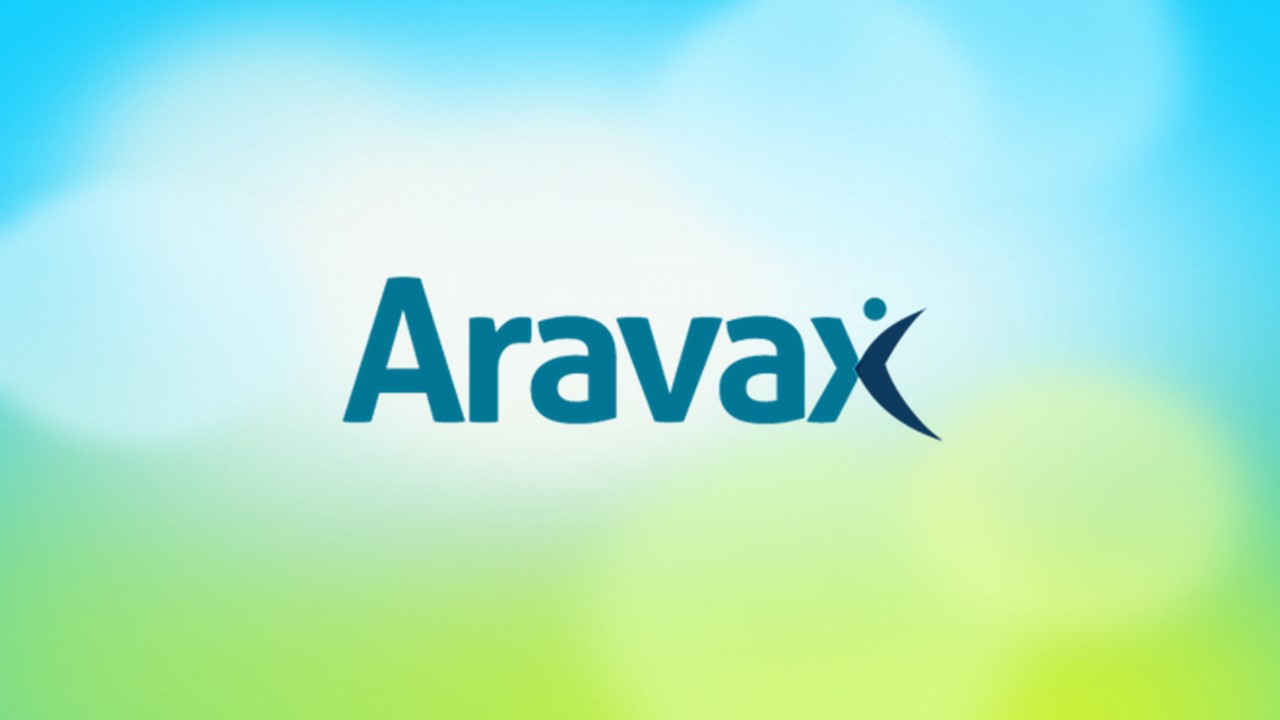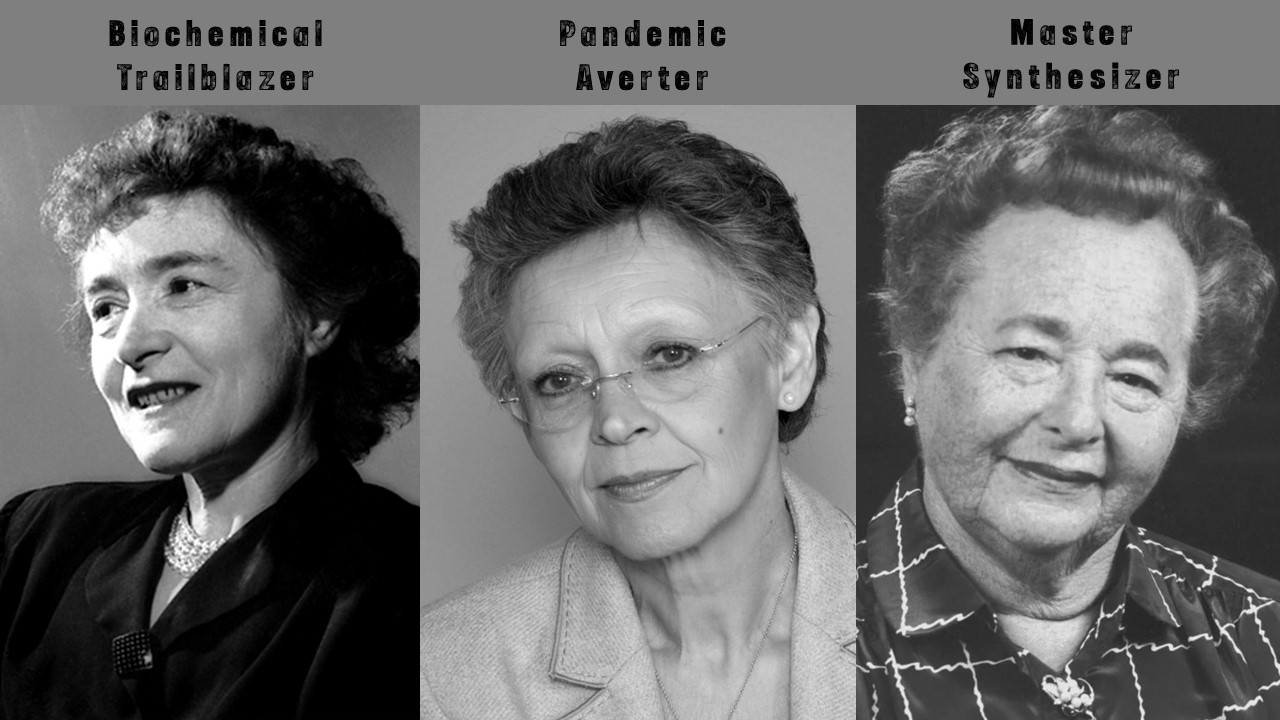
This week in pharmaceutical investments, Parse Biosciences partners with Decode Science to expand the distribution capacity of its genomics sequencing technology; Bionano completes $100 million acquisition of BioDiscovery, which is expected to accelerate the company’s market leadership in digital cytogenetics and genome analysis; Supernus continues to invest in CNS drug portfolio with $40 million buyout of Adamas.
Parse Biosciences Announces Distribution Partnership With Decode Science
Seattle-based Parse Biosciences announced this week that it has partnered with Decode Science, to distribute its single-cell RNA-seq solutions across Australia and New Zealand.
Parse Biosciences focuses primarily on developing innovative single-cell sequencing technology, which has already established groundbreaking discoveries across many therapeutic areas – including cancer treatment.
The choice to partner with Decode Science for its distribution capabilities is not surprising, considering the company’s vast array of genomic products across matching therapeutic areas with Parse Biosciences.
According to a recent source, Decode will provide “customer service, technical support, sales and marketing, distribution, and related logistical efforts for the Parse product line — specifically its whole transcriptome, cell fixation, and nuclei fixation kits.”
The partnership supports Parse Biosciences’ desire to expand globally, a point echoed in a recent press release – “The Parse team is elated to include Australia and New Zealand in the global expansion,” said Alex Rosenberg, CEO and Cofounder of Parse Biosciences. “We see these markets contributing substantially to our success and found the perfect partner in Decode.”
Josh Warburton, Managing Director of Decode Science, emphasised the potential for Parse’s single-cell technology to revolutionise the field, stating that “Parse Biosciences’ technology moves single-cell results beyond the limitations inherent in current techniques, enabling our customers to publish faster, in higher impact journals.”
Bionano Genomics Confirms Acquisition of Genome Software Firm BioDiscovery for $100M
Bionano Genomics said in a statement on Tuesday, that it has signed an agreement to acquire BioDiscovery, for up to $100 million in cash and stock.
Bionano is a genomics service provider, developing tools and services for genetic research and patient testing, based on its flagship Saphyr optical genome mapping – a research-use-only platform for structural variation detection. The company also provides diagnostic testing for a number of neurological conditions, including autism spectrum disorder and other neurodevelopmental disabilities through its Lineagen business.
In a recent press release, Bionano said that the acquisition is expected to accelerate and broaden Bionano’s market leadership, in digital cytogenetics and comprehensive genome analysis.
As a result of the transaction, Soheil Shams, PhD, Founder and Chief Executive Officer of BioDiscovery, will join Bionano’s leadership team as Chief Informatics Officer.
BioDiscovery specialises in delivering top-end genomic software functionalities,including superior data analysis, visualisation, interpretation and reporting solutions, with an emphasis on structural variation.
It is hoped that BioDiscovery’s strength in this area of genomics will enhance Bionano’s position in variant analysis and accelerate the adoption of OGM by simplifying the data analysis workflow.
Bionano Genomics CEO, Erik Holmlin, PhD said “This acquisition accelerates our efforts to make OGM ubiquitous by enabling us to simplify the assessment of clinically-relevant variants in cytogenomics applications, potentially reducing interpretation time per sample and expanding our reach into the discovery and translational research markets where the combination of NGS and OGM can reveal more answers in genetic disease and cancer research.”
The acquisition is expected to close before October 22, 2021.
Biopharma Supernus Lands $400M+ Buyout of CNS Drug Maker Adamas
In a $400 million buyout, Supernus plans to expand its portfolio of marketed therapeutics through Adamas Pharmaceuticals. Under the terms of the deal, the biopharma will receive the rights to Gocovri, the first and only FDA-approved drug to treat both off-episodes and dyskinesia in patients with Parkinson’s disease receiving levodopa-based therapy.
According to a recent source, the drug, which won its original dyskinesia FDA nod in 2017, posted $71 million in 2020 sales and $37.7 million in the first six months of this year. In addition to Gocovri, Supernus will also get rights to Osmolex ER, another drug in the arena of Parkinson’s treatment.
The buyout follows previous purchases by Supernus in a move to expand its portfolio of drugs, which at the moment appears to be focused on CNS diseases. In a press release, Jack Khattar, President and CEO of Supernus Pharmaceuticals, emphasised the company’s direction towards strengthening its CNS product portfolio:
“This acquisition represents a significant step to further build a strong and diverse Parkinson’s disease portfolio, and aligns with our focus of acquiring value-enhancing, clinically-differentiated medicines to treat CNS diseases. We have a proven track record of strong commercial execution, and look forward to building on GOCOVRI’s growth momentum so that more patients can benefit from access to Adamas’ innovative neurological therapies.”
In terms of strategic and financial benefits, the company believes that the buyout will strengthen the Parkinson’s disease portfolio with Gocovri, as well as diversifying and increasing the revenue base and cash flow.
Charlotte Di Salvo, Editor & Lead Medical Writer
PharmaFeatures
Subscribe
to get our
LATEST NEWS
Related Posts

Leadership, Trends & Investments
Aravax Continues International Expansion with Appointment of Aled Williams as Chief Business Officer
Aravax announces the appointment of Alex Williams as Chief Business Officer.

Leadership, Trends & Investments
The Immigrant, The Career-Undecided, and The Supermarket Supervisor-turned-Scientist
Learn more about the 1947, 1988, and 2008 Physiology or Medicine Female Nobel Laureates.
Read More Articles
Myosin’s Molecular Toggle: How Dimerization of the Globular Tail Domain Controls the Motor Function of Myo5a
Myo5a exists in either an inhibited, triangulated rest or an extended, motile activation, each conformation dictated by the interplay between the GTD and its surroundings.













